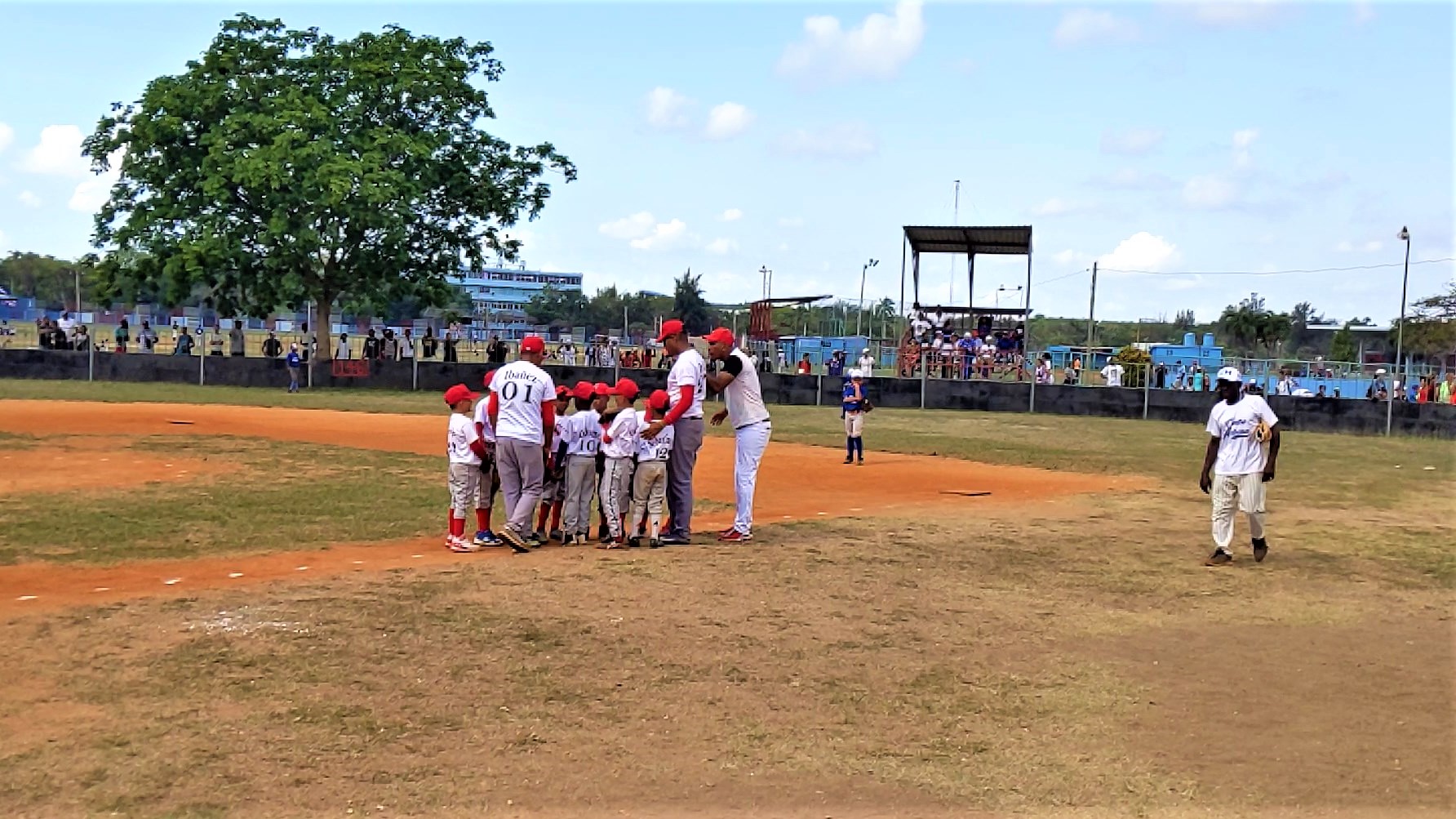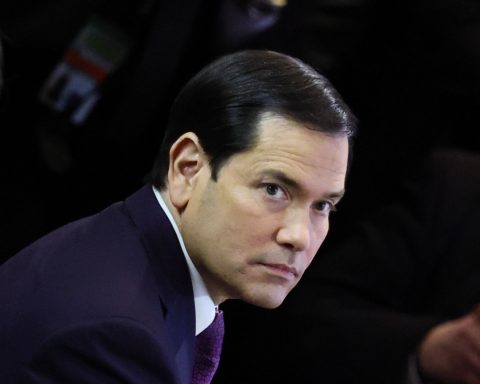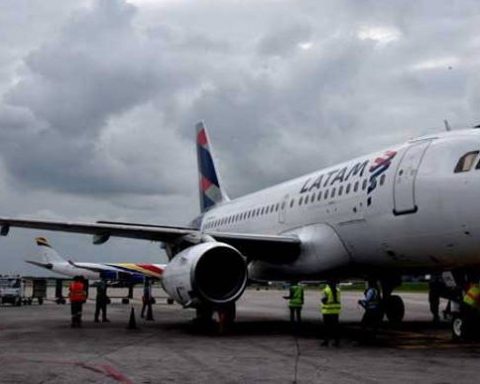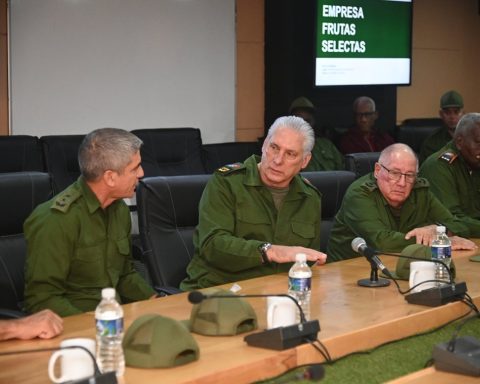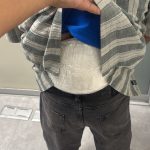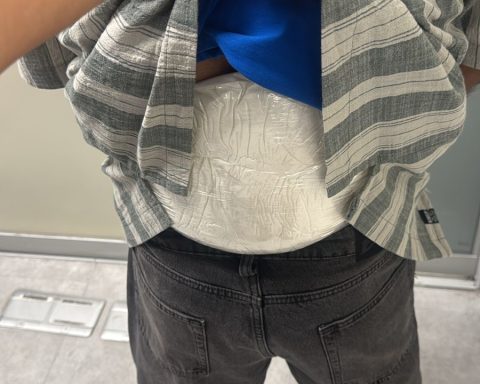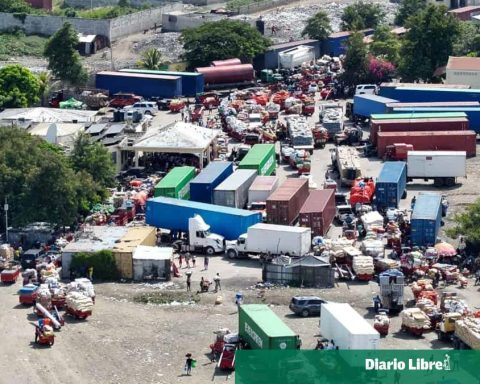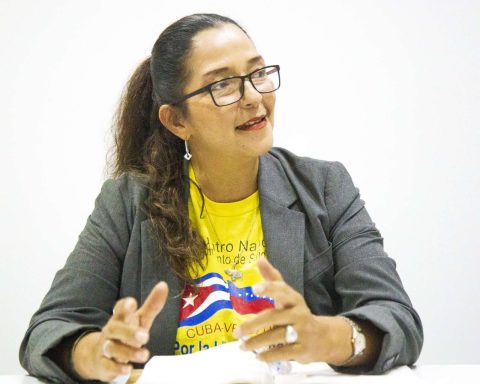Havana Cuba. – Beyond talent, becoming a high-performance baseball player requires a significant amount of sacrifice. In addition, a series of material conditions are essential that are scarce in the children’s categories of Cuban baseball, where the development of young athletes depends on the economic effort that their families can make.
Although it is the national sport, the lack of resources also hits baseball. In recent years, the development of children’s training sessions and tournaments is largely due to the collaboration of coaches and parents, who are the ones who obtain uniforms, gloves, bats, balls and other sports equipment necessary to play.
Under these circumstances, these days the provincial tournaments for athletes from five to 14 years old –lower categories– are held in the capital, in the Sports City. During the week of school recess, from early hours the children played straight games with brief minutes of intermediate rest, without a snack or water guaranteed by the organizers.
Match of the category seven-eight years in Havana (Photo by the authors)With the return to the classrooms, the games are held on weekends, in consecutive morning and afternoon sessions.
In the midst of the current transportation crisis, moving the children to the Sports City was the first problem parents faced. Those who live in peripheral municipalities such as Cotorro, Habana del Este, Arroyo Naranjo, La Lisa or Guanabacoa had to rent collective buses as a cheaper option.
“I better keep quiet about the cost of transportation, snacks and everything else. He INDER [Instituto Nacional de Deportes Educación Física y Recreación] It doesn’t help at all, it’s like he doesn’t care. Except for the pitch, we parents have to put everything here, ”he told CubaNet Nelson Madrigal Pérez, whose son makes up the payroll of the Guanabacoa municipality in the seven-eight year category.

Obtaining the sports equipment so that his son could play, Madrigal acknowledges, was the most complex part. In Cuba they are only sold in stores in freely convertible currency (MLC). A low-quality glove costs more than 40 MLC, equivalent in the informal market to more than three times the salary paid by the regime to many workers.
Since 2013, the Cuban Baseball Federation (FCBA) allows the hiring of Cuban baseball players in professional leagues, receiving 20 percent of the money agreed in each of the firms. Supposedly, part of this income would be used to improve the conditions of the practice of the discipline in all categories.
However, the resources are used to keep the National Series alive. Money hardly trickles into the children’s categories, to the point that highly talented children cannot make it to the municipal grade because they do not have their own sports equipment.
“As a father I ‘throw everything’ forward [gasto]I think it is a long term investment. After that, the responsibility is his – he says, pointing to his son – he knows that it is his turn to ‘put the egg in the screw’ [sacrificarse] and exploit your talent. At least he has to try it seriously, the effort cannot be for fun, “said Madrigal.
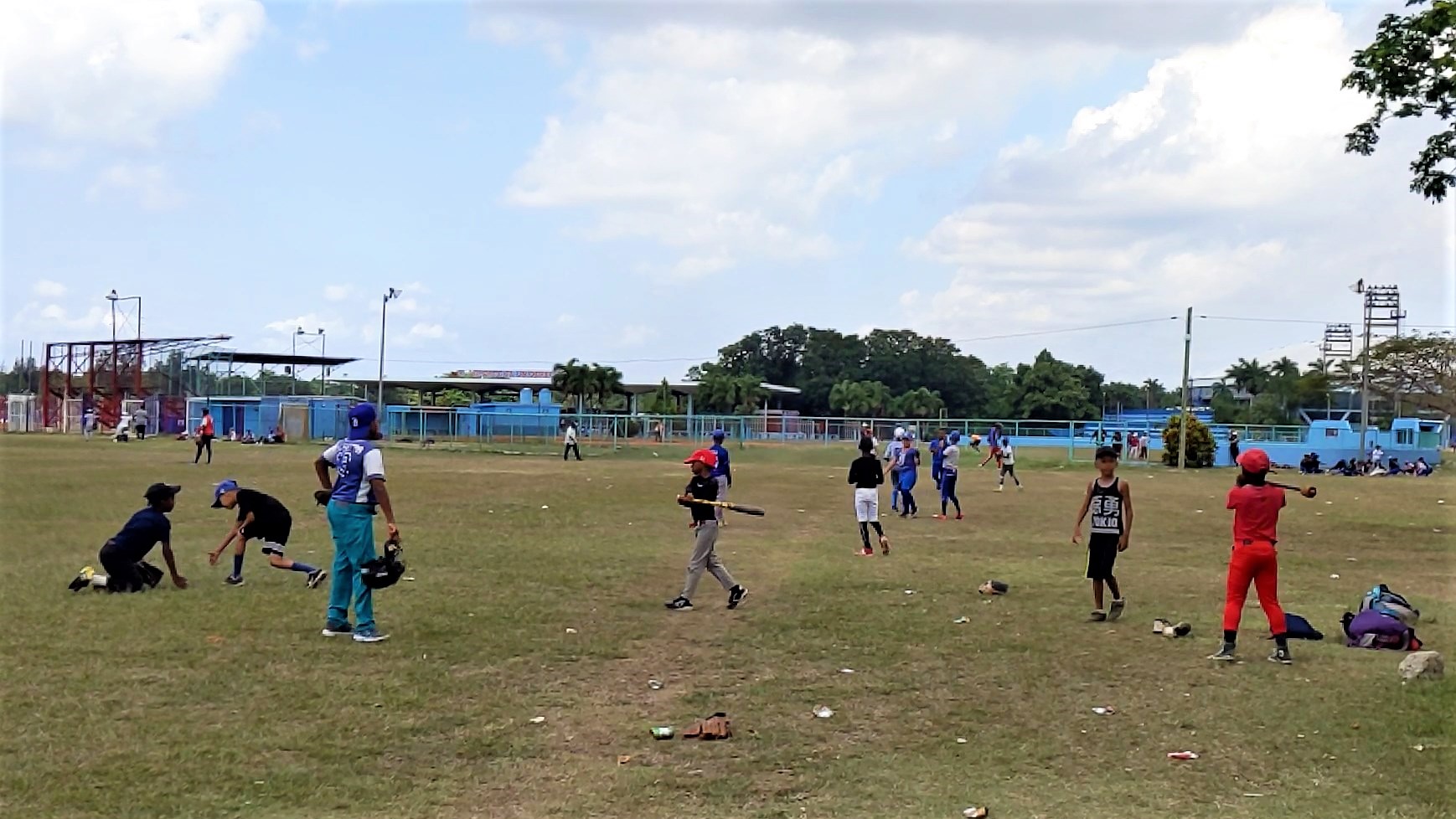
The share of difficulties is not less for the coaches. According to Ismael Rodríguez Tomás, one of the category seven-eight instructors in San Miguel del Padrón, there is a shortage of rubber balls that must be used to protect children.
“Without those balls and gloves it is difficult to teach two of the main methodological aspects of the stage: batting and fielding. Baseball is the sport that can attract the most talents, but if after that the Provincial Baseball Directorate doesn’t help, we really can’t do much for the children to learn,” Rodríguez asserted.
Going deeper into the subject, Osmel Montesinos Alfonso, a teacher in the 10-12 category at El Cotorro, argued that if the sports authorities are not interested in improving attention to the practice of the discipline, after a few years “in Cuba is going to play manigua ball”.
In this regard, the coach invited to verify the terrible state of the land where the new generations of athletes are prepared.
“The grass is eating them, we have to cut it ourselves to be able to train. You do it out of love for this sport, you create a commitment to your parents and the boys themselves. But later [las autoridades deportivas] They want to demand results from you, they forget that to eat fish you have to get your bottom wet,” Montesinos said.
